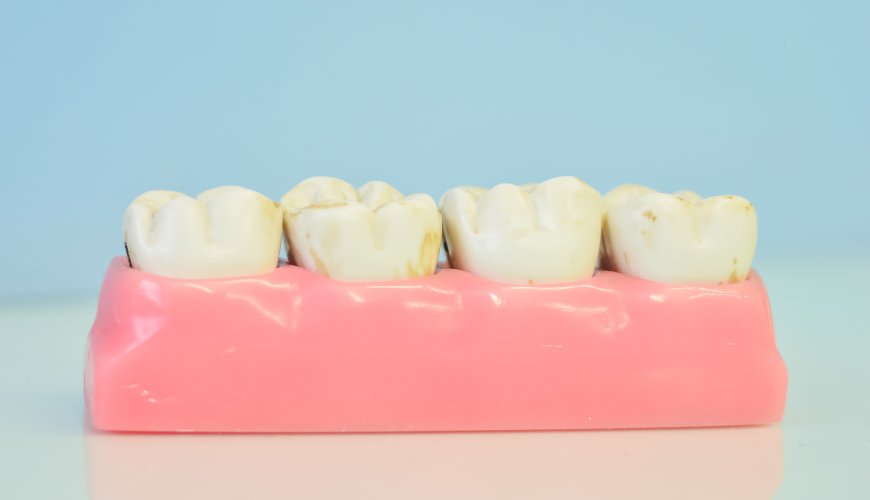How to prepare for the first visit to an aesthetic medicine office?
Jan 6, 2018 - Aesthetic Medicine
April 18, 2024 9:59pm

Implants are the most modern way to fill the gaps in natural teeth. Dental implants are a practical and durable solution, and in addition, the crowns mounted on them can also be perfectly matched to the colour of other teeth. Unfortunately, implants will not be a solution for everyone. We have some information about the contraindications to dental implants.
For an average patient it may seem complicated, an implant is nothing more than a titanium screw, which is implanted in place of a lost tooth. After some time, the implant will merge with the bone of the toothbrush and in this way it will replace the root of a natural tooth and then a crown is mounted on this screw, whose color is effectively matched to the other teeth. The implant will provide a high comfort of use, because it does not differ in practice from a natural tooth.
Unfortunately, a modern solution will not be possible for everyone. There are many contraindications that need to be taken into account. There are general contraindications among specialists, which are related to the current state of health of the patient and diseases he or she suffered in the past, as well as local contraindications, which are related to the state of health of the place where the implant will be implanted. As a rule, they can be bypassed after additional treatments have been carried out.
The general contraindications for dental implants are as follows:
- pregnancy
- problems with diabetes, which is unstable
- tumours
- problem with advanced osteoporosis
- destructive diseases such as AIDS, drug addiction or alcoholism
- disturbances in the coagulation system
- untreated caries and parodontosis
- problems with epilepsy
- rheumatoid disease due to the fact that we have to use steroid therapy
- under 16 years of age because the jawbone development process is not completed.

In addition, consultations with practitioners will be required when it comes to patients with diagnosed mental illness, bone marrow problems, heart defects or Parkinson's disease. Factors that can be included in the list of increased risks include addicted smoking.
What are the local contraindications to implants
These local contraindications are related to the place where the implant is to be implanted. The most common ones include, among others, insufficient width or height of the alveolar process of the mandible or jaw, lack of space between the teeth for the future crown, strong tilting of the teeth, which makes it impossible to insert dental instruments, crowns, injuries and diseases, or inflammatory conditions of the mucous membranes in the place where the implantation is planned.
Before implantation, the dentist carries out X-ray and CT scans, thanks to which it is possible to assess the area where the implantation will be performed, as well as the quality and quantity of bones, the condition of adjacent teeth, the size of paranasal and maxillary sinuses, the position of the alveolar nerve canal.
The decision to resign from implants is made by a dentist. It may result from diseases that make it impossible to perform this procedure or lack of willingness to cooperate.
© Copyright accupc.com | All Rights Reserved.
Komentarze (0)